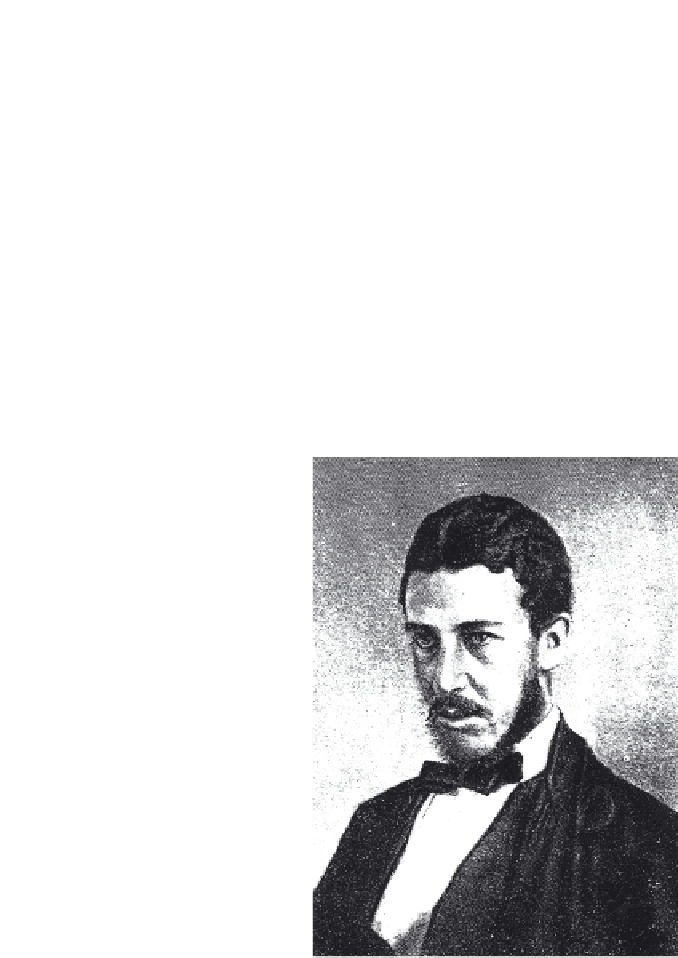Environmental Engineering Reference
In-Depth Information
them to fill in a questionnaire with fifteen measures of consumer behav-
iour, such as “green” product purchases and subscriptions and donations
to “green” groups. Those exhibiting five or more these fifteen lifestyle
traits were rated as “Active Environmentalists”. Over ninety percent of
this group said they were ready to pay more for environmentally friendly
products, said they were worried about traffic pollution and congestion,
and said people had a duty to recycle. Yet the majority of these Active
Environmentalists, who were rated as well educated, affluent and middle
class (ABC1), and were aged 35 or over, were found to be likely to fly three
or more times a year. This is more than the average UK citizen.
The survey (entitled “Can Fly, Will Fly”) found that the Active
Environmentalists were no less likely to fly than the ABC1 group in the
population as a whole. It concluded that “all the good intentions of the
Active Environmentalists are neutralized by their love of travel”. The
participants had not been asked whether they had bought into carbon-
absorbing schemes offsetting their air travel emissions. (Many of which
have anyway been derid-
ed as inadequate by
staunch environmental-
ists.) It underlines what
we all know - adopting a
“low carb” energy diet is
easier said than done.
When efficiency
doesn't equal
saving
Energy efficiency can
have a perverse effect
on energy demand - the
more energy you save,
the more you can afford
to use for something
else; and the more effi-
ciently energy can be pro-
duced and the cheaper it
becomes, the greater the
incentive to use more of
William Stanley Jevons gave his name to a
paradox: that increases in efficiency can be the
catalyst for increases in consumption.































































